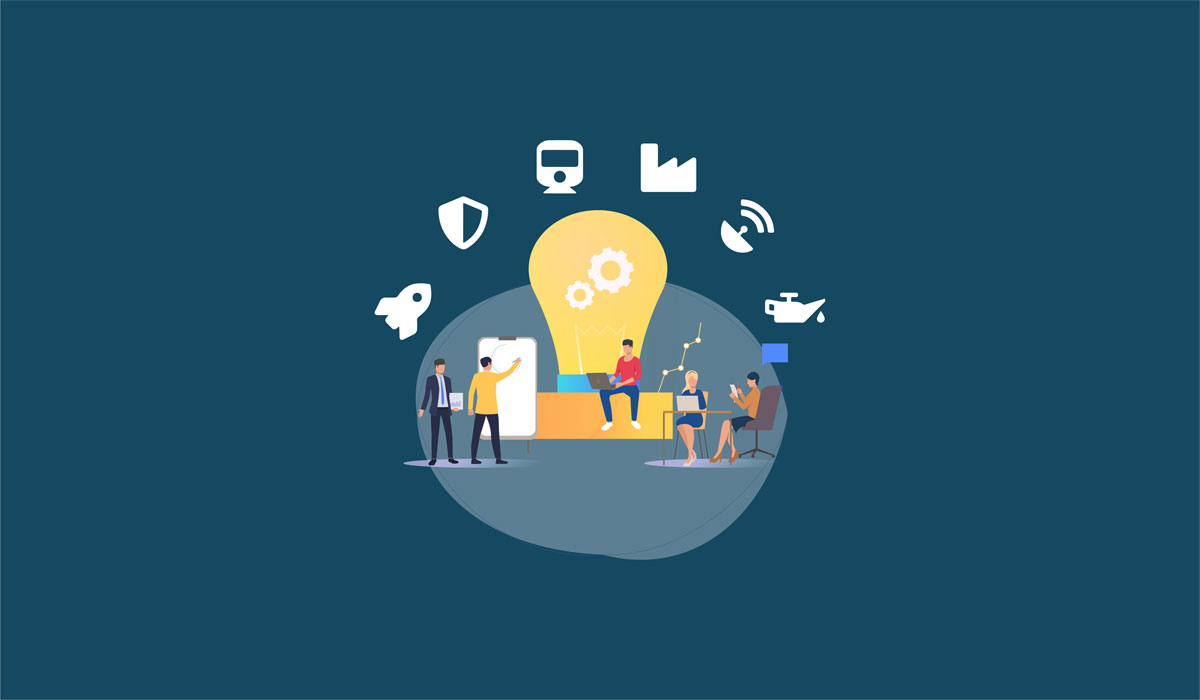The Lifelong Learning is a recent term that refers to elective and voluntary education that a person decides to pursue throughout her life and that is carried out along with her professional training. This term encompasses all existing learning edges, being a means to expand knowledge and training horizons in order to improve personal, civic-social and employability skills.
With respect to traditional educational training, with a relative need for updating, in which specific knowledge supports the achievement of personal and professional objectives, Lifelong Learning provides an answer to the training immediacy to which we are exposed today: an ever-changing globalized environment, where information multiplies exponentially, travels and updates faster and faster providing a universe of self-training possibilities on various topics that could be of interest to each of us.
In this sense, Lifelong Learning extends beyond university training, becoming a new educational paradigm that invites learning throughout life, adjusting knowledge and skills according to the diverse demands and conjunctures of the labor market. Its goal is focused on continuous personal improvement and is promoted through the motivation of the interested party, who, according to their areas of interest, chooses areas of improvement to develop for their own benefit.
Currently we have various training tools throughout our professional and personal activities, which we break down into five main ones:
1. Formal: programs with an agenda defined as university courses, diplomas, masters, specializations.
2. Self-directed: programs in which the interested party has control of her address such as online courses, workshops or tutorials.
3. Professionals: actions that help us train and develop various skills and knowledge regarding a trade or work activity such as leadership, teamwork, conflict management, project management, among others.
4. Personal: intrinsically linked to the person's interest in obtaining extra-labor and student skills for a personal hobby or attachment.
5. Indirect: managed from personal relationships, conversations, debates, trips, among others that encompass the human experience.
At Ad Maiorem, we have training policies that ensure that our team participates in continuous training processes in hard & soft skills, ideal for channeling and directing their experience and knowledge in technology and innovation, strengthening personal relationships within our work environment.
Ad Maiorem
Your gate to the future!
Buscar
Categorías
Categories
Archivos
Archives
Categories
Archives
Contact us
The information contained in this document is informative in nature about the activities of the company. It contains general aspects and does not express any desire to provide specific third party data. We cannot guarantee that the data provided will be up to date in the near future. In this sense, if there is a willingness to use them, it is recommended to take the content as a reference and carry out its timely verification. For these purposes, we are at your disposal.
Share this article with your contacts!
© Copyright 2023 – Ad Maiorem Consulting. All rights reserved. Ad Maiorem Consulting is a brand that refers to one or more member companies at a global level, each of which is a legal and independent entity in the country in which it is located, without constituting an international company. Ad Maiorem Consulting offers consulting services in technology, engineering and innovation to its clients.
European Regional Development Fund
A way to make Europe






